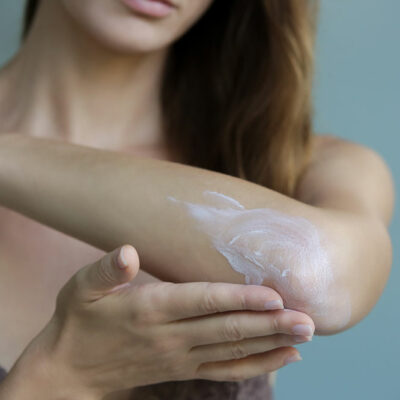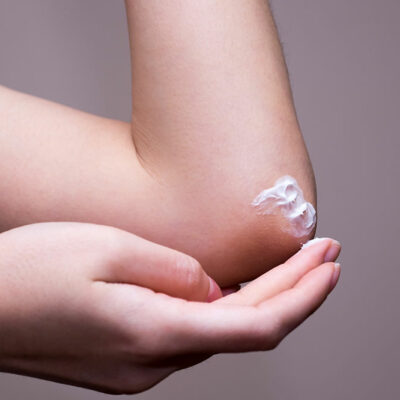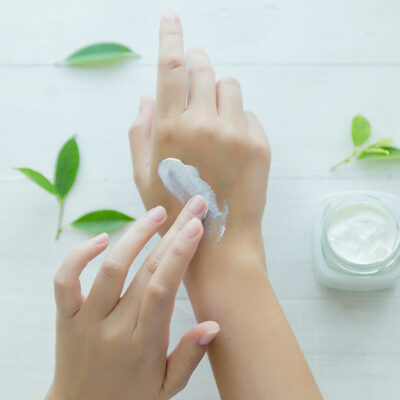
9 supplements that help deal with eczema
Eczema is a prevalent skin condition that causes redness, itchiness, and inflammation. It can affect the face, hands, or feet, in addition to other body parts. The most prevalent form of eczema affects almost one out of five children and adults in the country. In some cases, it can be excruciating for both baby and mom and challenging to treat. This article will explain these causes so we can learn more about eczema. Vitamin D Vitamin D3 is a fat-soluble vitamin that plays a role in cell growth, bone health, and the immune system. It is also known as cholecalciferol. Vitamin D3 can be found in foods like salmon and tuna (fresh fish), but it is more challenging to get from a vegetarian or vegan meal plan. For example, eggs contain vitamin D2 instead of D3; dairy products like yogurt are fortified with this nutrient; fortified cereals may have less than 5% of the daily value for adults. Fish oil In studies published by respected medical journals such as The Journal Of Allergy And Clinical Immunology, fish oil is an excellent supplement that alleviates pain and suffering through eczema. Omega-3 fatty acids are essential for the skin because they help to reduce inflammation.
Read More 







